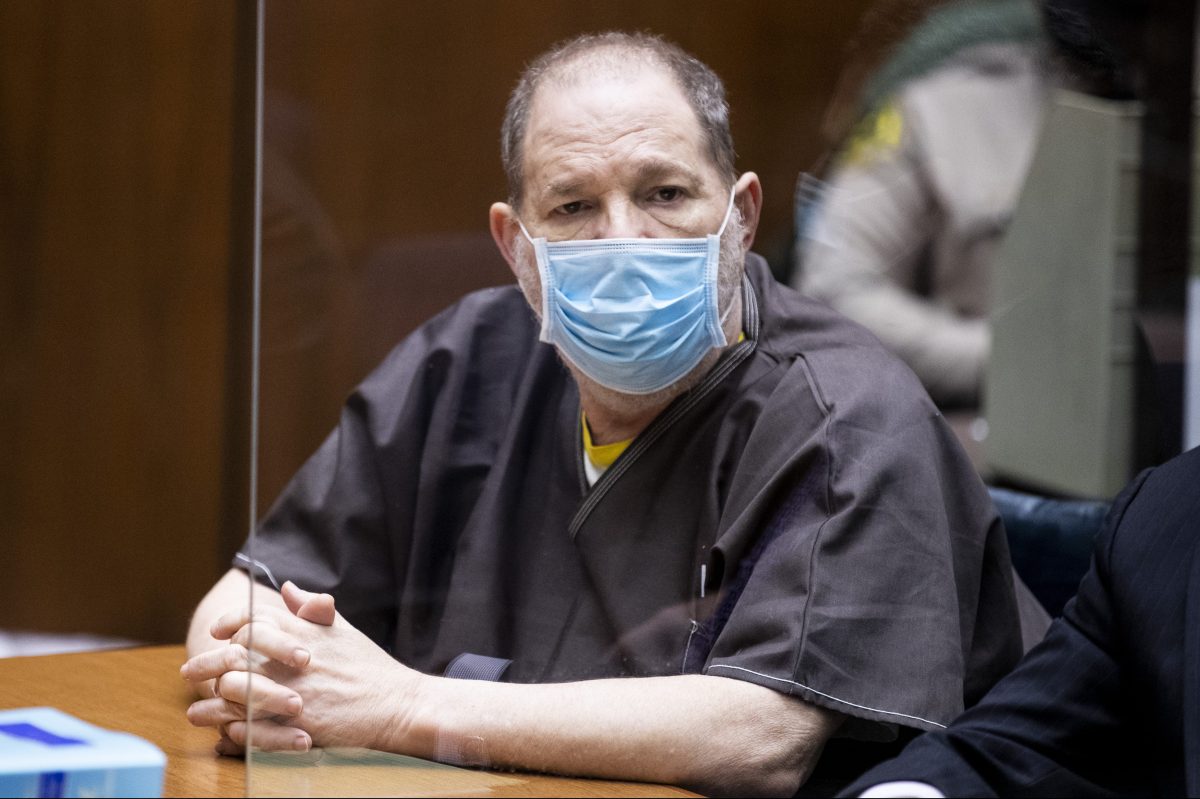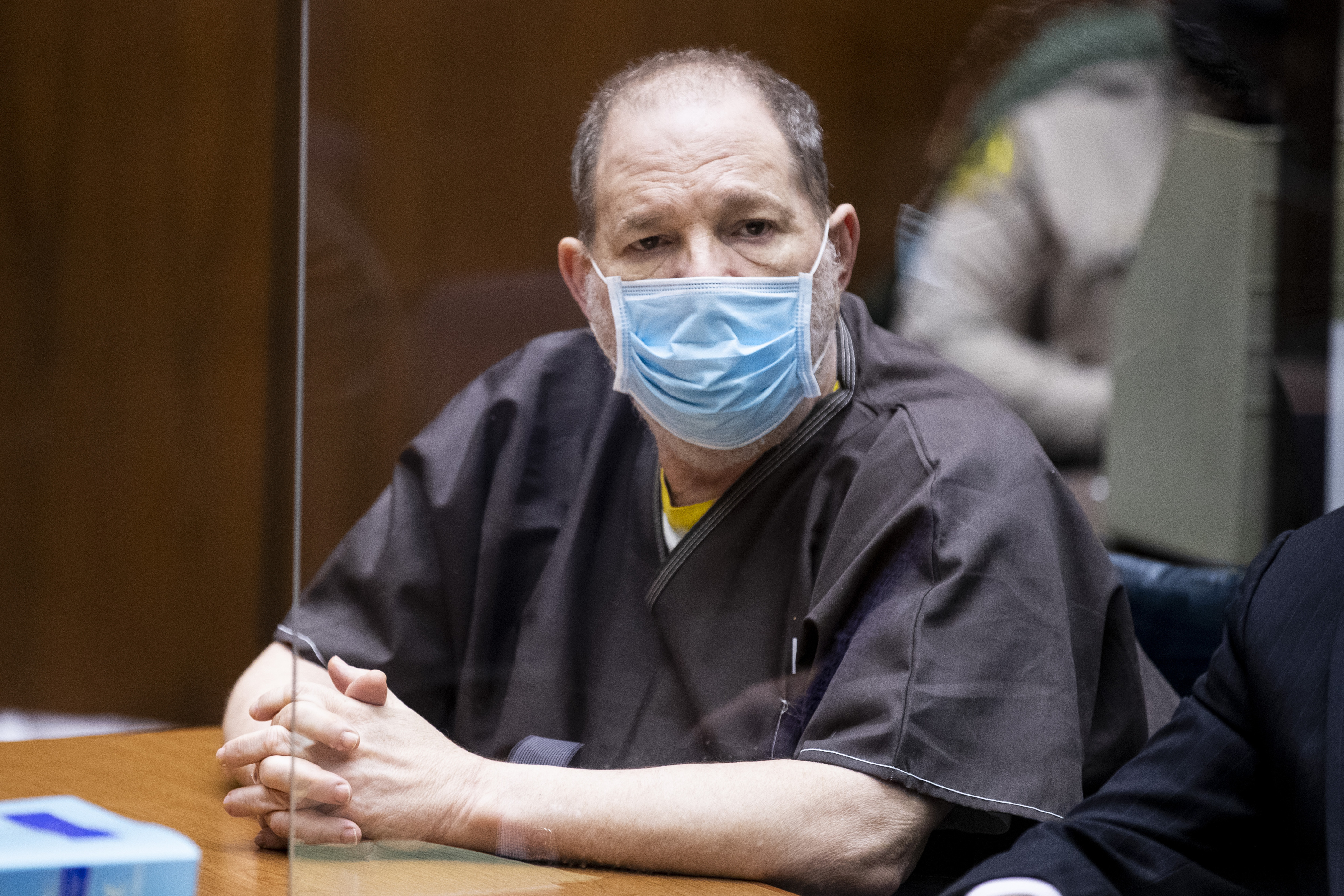We live in fractured times with precious few things that everyone seems to agree on, but one of those near-universal ideas we can all get behind is that Harvey Weinstein is a heinous serial rapist who deserves to rot in prison. That’s what makes an article published yesterday by The Cut feel especially odd; the piece, entitled “Harvey Weinstein’s Secret Shame” feels almost sympathetic to the disgraced producer.
Writer Elizabeth Nicolas delves into new details from Ken Auletta’s biography of Weinstein, Hollywood Ending: Harvey Weinstein and the Culture of Silence and uses them to highlight how Weinstein grew up with a poor body image. “Reading Auletta’s near-500 pages of meticulous reporting, one finds it impossible not to wonder why Weinstein is the way he is,” she writes. “What explains his volcanic temper, his voracious appetites, his seeming addiction to assault? Auletta offers no easy answers and devotes only a few paragraphs to criminologists’ failure to deduce, or even study, the root causes of sexual violence. But in the book’s endless catalogue of ruined female bodies, details about Weinstein’s own body emerge as a nexus and a potential driving force behind all his harm.”
Those details about his body include his weight, which apparently prompted his mother to frequently body-shame him during his childhood, and his alleged “deformed” genitalia and lack of testicles. But are we really supposed to care or even feel bad for someone who was accused of harassing, raping or assaulting at least 87 women because he felt self-conscious about his body? The implication that being called fat or feeling shame about his junk somehow caused his crimes is nothing more than a problematic excuse. There are countless people who have experienced body-shaming — especially women, perhaps even some who were victimized by Weinstein himself — who don’t go on to become serial rapists.
Nicolas attempts to explain why she’s focused on Weinstein’s body image, writing, “Weinstein’s shame matters because shame is a universal emotion felt by humans rather than malignant automatons. I do not mean to excuse him. I was the victim of an assault in my early 20s, and the idea of my assailant having a why is repulsive to me. What I mean is that calling him a monster, an aberration, an other — divorced from the world in singular sociopathy — allows sexual assault to flourish. When we categorize rape as the act of a monster rather than a person, we perpetuate the fiction that it is the act of an aberrant minority instead of a crushingly routine violation committed by our brothers and fathers and sons and husbands.”
“Weinstein’s body may be unique, but he is not unique at all,” she continues. “The purpose of holding his shame under the light is to show that he is a person. They all are.”
That’s an important point, but there’s a difference between reminding readers that rape is a disgustingly common crime often committed by people who have deceived us into thinking they’re upstanding members of society and offering up excuses for inexcusable offenses. That seems to be a recent trend over at The Cut, after last month’s “Canceled at 17” debacle, in which writer Elizabeth Weil wrote an inexplicably sympathetic article about an anonymous boy dubbed Diego who was “canceled” by his peers for sharing nude photos of his girlfriend without her consent and failed to disclose that one of her children also attended the school at the center of the story.
Thanks for reading InsideHook. Sign up for our daily newsletter and be in the know.

















